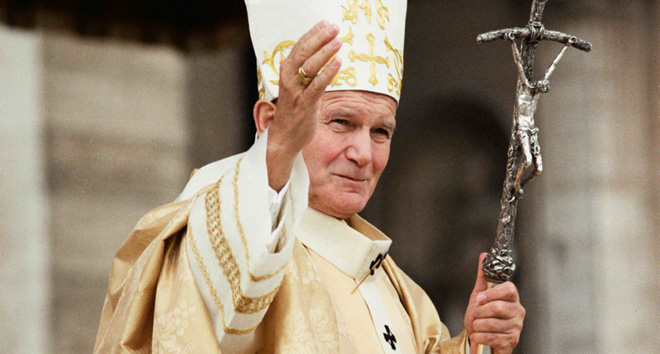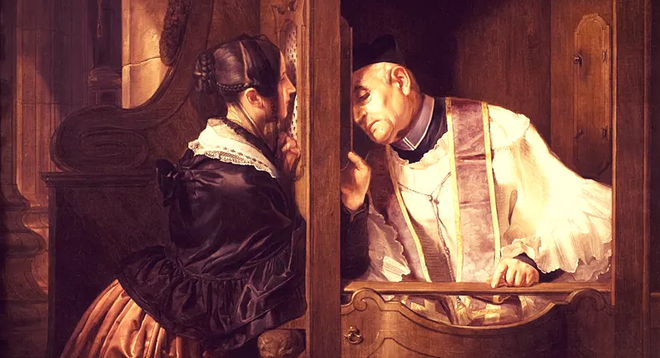A Different Kind of Pro-Life Argument
Misology is a neologism, coined by Plato, to name the hatred of argument, and not in the sense of a quarrel or domestic squabble. Misology names the hatred of logos; it is the hatred of reason and rational discourse. It is a commonplace in our culture today that we are deadlocked when it comes to the … Read more


